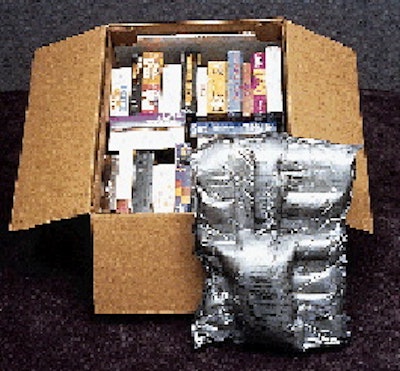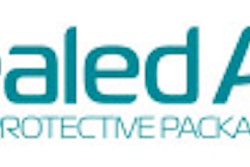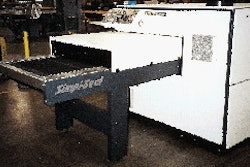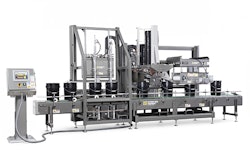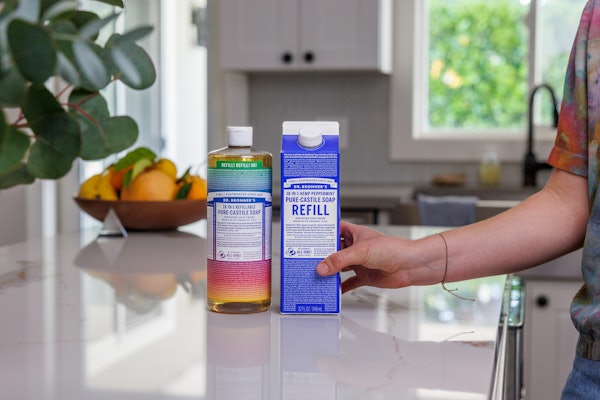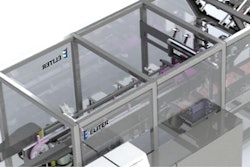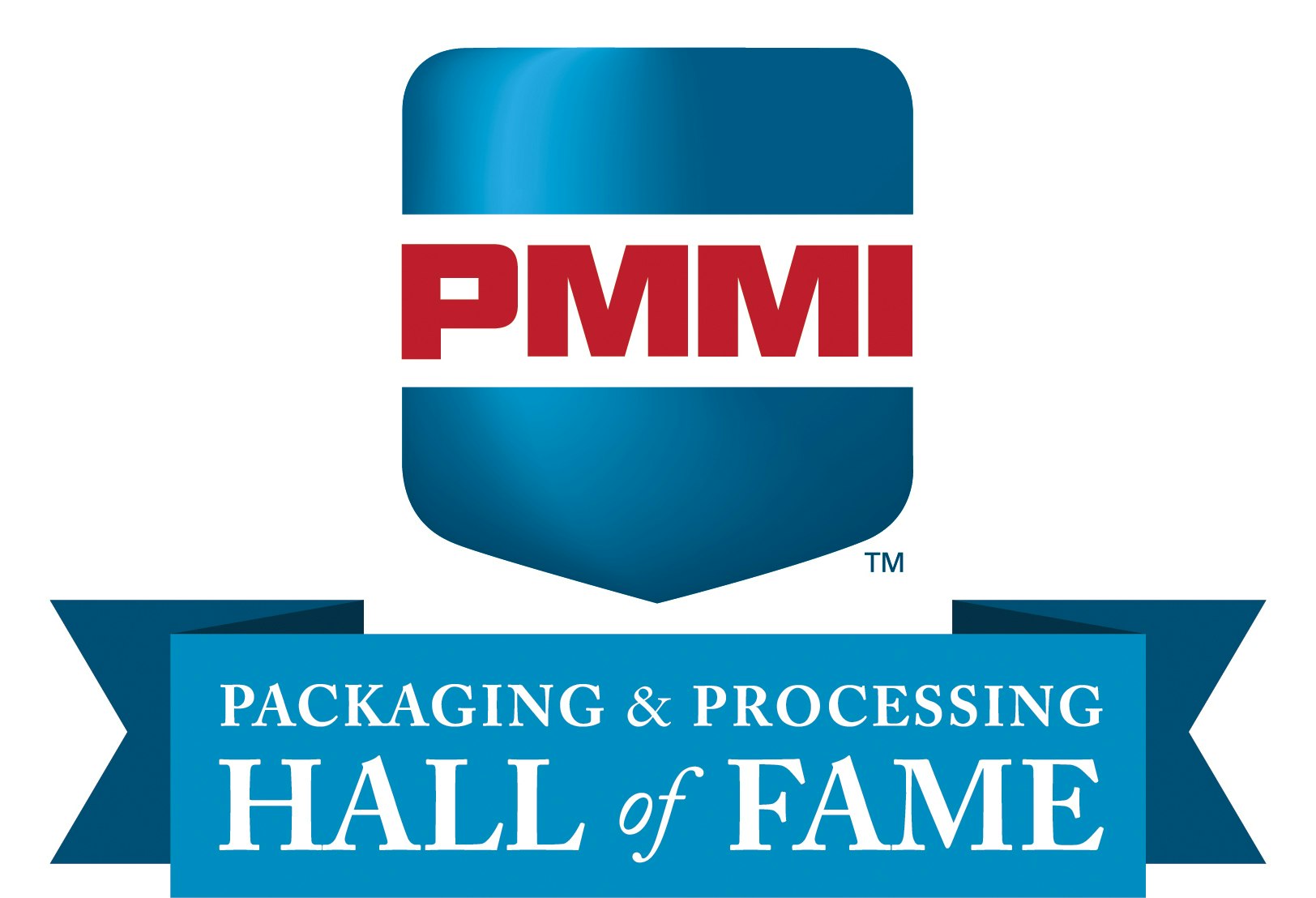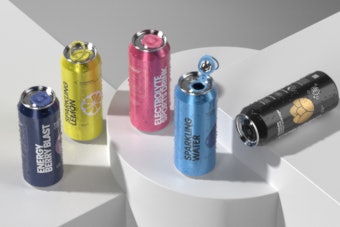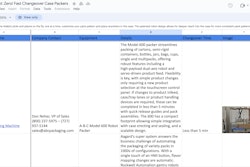In this instance, the culprit was expanded polystyrene peanuts. Used as dunnage inside corrugated shipping cases containing software, the peanuts "were flying all over our plant, creating quite a mess," says Alex Adamovich, director of distribution and operations for the Value Products Div. of New York-based GT Interactive Software. "We ship about 1길 packages a day to fulfill orders from retail stores in the U.S., Canada, Japan and Europe," he asserts. These include such popular software titles as "Mortal Combat," "Duke Nukem" and "Window Works." Orders tend to be small, numbering between 25 and 50 titles. These specialty orders put the emphasis on dunnage flexibility to ensure damage-free shipments. "We used compressors to blow peanuts into boxes, and we were running about three shifts a day," he explains. "We were spending nearly five hours a day cleaning up peanuts in the plant. And once they mix with dirt from anywhere in the plant, we couldn't use them any more." Besides the labor costs, the peanuts caused downtime within the plant's distribution area. "Loose peanuts were flying around and clogging up conveyors and case sealing equipment in distribution," says Adamovich. "Production was actually halted a few times because of jammed machinery. And since peanuts were also slippery, they created a safety concern." Two additional problems with EPS peanuts, he adds, had to do with the storage space needed to contain them and occasional product damage traceable to product shifting inside the case during distribution and handling. Clearly, an alternative form of dunnage was necessary. Foam-in-bag solution In November '96, the Plymouth plant installed an Instapacker(TM) void fill packaging system from Sealed Air's Engineered Products Div. (Danbury, CT). The system was purchased through a local packaging distributor, Jesco Industrial Supplies (Minneapolis, MN). Jesco worked with GT and Sealed Air to determine which system would be most suitable for GT's operations. Multiple benefits "We switched to this system on a trial basis," says GT's Adamovich. "After seven months we added three more systems, two Instapackers and one SpeedyPacker(TM), within our plant." Another important aspect to the packaging system was four 3M (St. Paul, MN) case sealers for closing product-filled cases. Again sourced through Jesco, GT uses one 3M machine for each of its Sealed Air units. Almost immediately, production increased by more than 30%, he says, as a result of eliminating clean-up work and faster packing. With the Sealed Air systems, workers can now pack 11 boxes per minute, 38% more than in the past. And now only one person is needed at each packaging station. Two were required previously, one to add peanuts, shake and settle the box, then top off the case with more peanuts. A second person operated the box taper. Now an operator selects the bag size for each particular box and the Instapacker dispenses Sealed Air's Ultralite(TM) foam into a plastic bag, which the machine then seals and cuts. The operator pulls the bag from the machine and places it into the case. As the foam sets, it conforms to fill voids and secures the software in place inside the shipper. Top case flaps are folded closed, then taped shut by one of the 3M case sealers. GT's switch to foam dunnage has yielded several benefits. "We now use five fewer packers to fill cases, and we've eliminated the need for the excessive clean-up procedures," says Adamovich, who wouldn't divulge specific labor savings. By no longer using the slippery peanuts, plant safety is improved. And the vexing problem of peanuts clogging and shutting down conveyors or case sealing equipment is history. "We also opened up nearly 6ꯠ square-feet of space in our plant that we used to store the peanuts," he says. "Now we use that space for shrink wrapping and order processing." With its present dunnage system, two 55-gal drums of the liquid Ultralite foam are stored on a pallet. Adamovich says all of the Sealed Air packaging dispensers can be moved around the plant as long as an electrical power source is available. This flexibility also benefits GT. Perhaps most important is customer satisfaction. The foam has helped GT reduce its damaged shipments and their related costs. Receiving specialty orders in satisfactory condition makes customers happy. "Customer feedback has been extremely positive," Adamovich reports. "Now when they open the shipment, they remove the solid, form-fitting cushion and don't have the messy loose-fill peanuts to contend with either." As to bottom-line economics, Adamovich says the foam costs about the same as peanuts. The most important figures come from the reduced labor costs and increased efficiency and production. These, he notes, "more than offset the cost of purchasing the equipment. The payback has been quick, and we have a nice, clean plant. GT Interactive is part of the boom taking place in the technology sector, and the redesigned packaging process has played a key role in our company's ability to meet growing demand."
